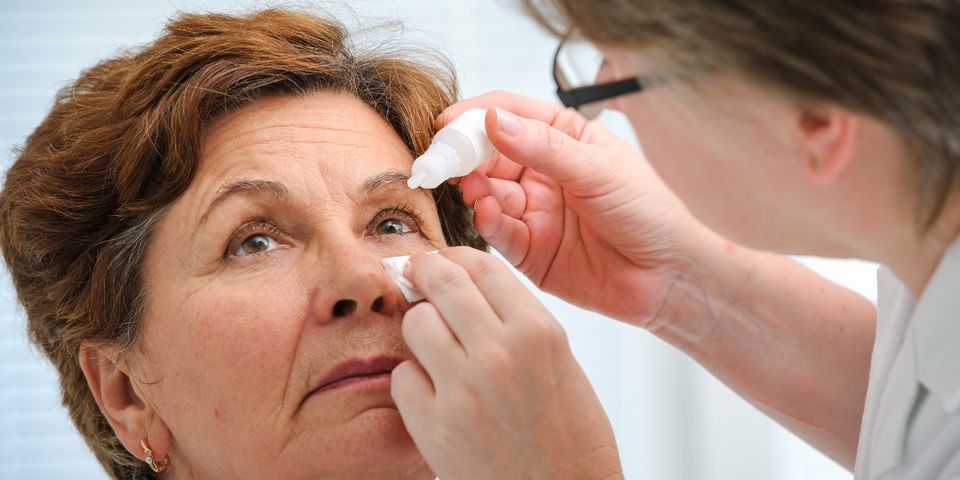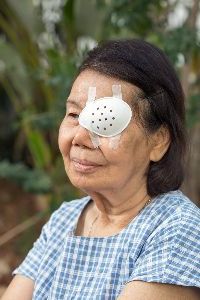
Cataracts are common eye problems, with about half of Americans over the age of 75 having experienced them. Fortunately, the surgery to correct them is a safe and routine procedure. Patients can go home the same day and usually have an easy time getting back to normal with improved vision. Here's a closer look at the recovery process and what you can do to support healing.
What to Expect During Recovery After Cataract Surgery
Once the surgery is complete, you’ll be taken to a recovery area to rest since you will still be groggy from the anesthesia. Someone will need to drive you home, and you may need to take a nap once you get there, so it's best not to make other plans for the day.
You’ll be given an eye shield, which should be left on for the first several hours while your eye is more sensitive. It should also be worn at night and when sleeping. When the eye shield is first removed, objects might look blurry or cloudy until your eye adjusts to using its new lens.

The eye can become bloodshot following the procedure, and objects may look distorted. Typically, this only lasts for a few hours. However, your vision won’t be at its best for a week or two.
If you receive an injection of anesthesia under the eye, don’t be alarmed if it’s bruised. Your eye may be dry or itchy for a while, but these symptoms should clear up within a few days.
Some symptoms to watch out for are nausea, persistent pain, flashes of light, multiple spots in the eye, or loss of vision. If you experience these, contact the eye surgeon immediately.
How to Improve the Recovery Process
Though most people can return to normal activities within a day of their surgery, there are some ways to prevent eye problems from developing and speed up the recovery process. Most importantly, it’s vital to follow any instructions provided by the eye surgeon. The eye drops or medication they provide will prevent infection and inflammation. The doctor will tell you when it’s safe to drive again.
It's best to take it easy and avoid strenuous exercise for several days. Refrain from swimming and soaking in hot tubs for a week or two. Ask someone else to do the vacuuming and dusting for you for up to two weeks to avoid the dust. Finally, don’t rub the affected eye or wear makeup while it’s healing.
If you suspect you have cataracts, visit the Progressive Vision Group in High Point, NC. Their eye doctors use advanced technology and products to treat a variety of eye problems and ensure their patients receive the care they need to enjoy optimal vision throughout their lives. Visit them online to learn more about their services and call them at (336) 841-2028 to schedule an appointment.
About the Business
Have a question? Ask the experts!
Send your question

